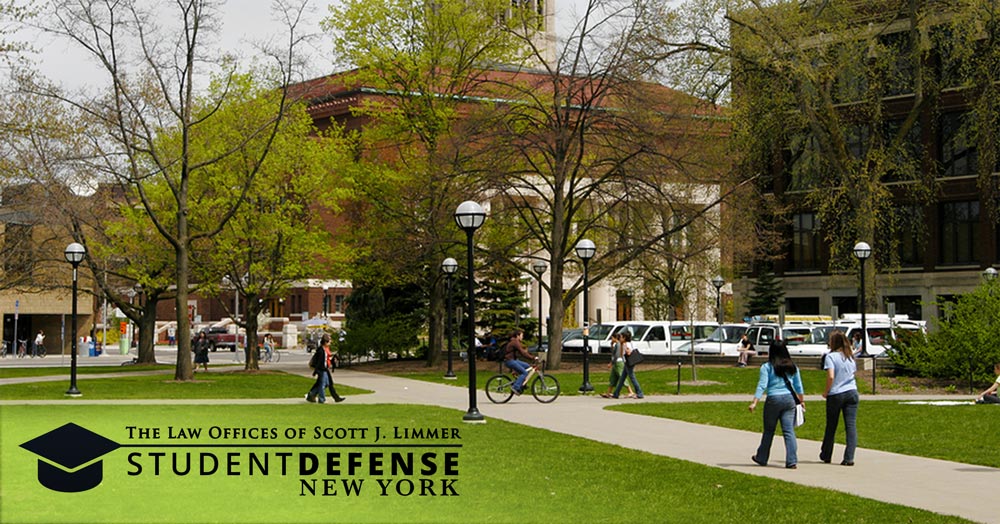In an earlier article I summarized the potential unfairness to college students of school disciplinary hearings involving allegations of unwelcome sexual conduct in states — including New York — which have enacted laws requiring colleges and other post-secondary schools based there to use a “yes means yes” standard.
This article will look at a recent court case from California, the first “yes means yes” state, which illustrates problems raised in the earlier article are in fact real, not merely hypothetical or the fevered imaginings of persons lacking all sensitivity to the real, but how the violation of due process rights, the lack of adequate evidence, and using unfair procedures can cause great harm to the accused.
The case of Doe v. Regents of the University of California, San Diego has its beginnings early in January 2014, when two UCSD undergraduates, referred to only by the pseudonyms John Doe and Jane Roe, met; according to the later testimony of both, they soon began a relationship that include consensual sex acts. But the affair soon ended, and in Jane Roe filed a complaint with the university, claiming Doe on three occasions performed intimate acts to which she had not consented. Doe admitted sexual activity, but denied any wrongdoing.
Roe spoke with campus investigators, who passed their report on to school disciplinary officials enforcing the campus code of conduct. The school’s investigation found insufficient evidence for two of the alleged offenses, but found grounds for holding a hearing on the third charge, involving an intimate touching incident that allegedly occurred in February. The December hearing before a panel of two administrators (neither of them lawyers) and one graduate student, applying California’s new “yes means yes” law, decided Doe had sexually assaulted Roe.
On July 10 this year, a state judge in San Diego County handed down a brief but biting six-page decision, after Doe challenged the school tribunal’s ruling. Judge Joel Pressman voided the school’s ruling and sanctions as violating Doe’s due process rights, lacking adequate evidence, and using unfair procedures.
In what ways? More than you would think could fit into a six-page decision. To start with, the school’s procedures denied Doe the right to question Roe directly; instead he had to submit written questions to the school official chairing the hearing, who decided which to rephrase or omit (and who only allowed nine of the 32 he had submitted).
The rejected questions dealt with issues germane to Roe’s state of mind, such as her continued relationship with Doe, and texts she sent him, after the alleged assault. The judge noted the hearing chair screened none of the questions submitted by the university, which essentially acted as the prosecution.
Judge Pressman also questioned the hearing’s use of a barrier blocking any visual contact between Doe and Roe, and perhaps (the record is unclear) also screening the disciplinary panel’s view of Roe. Not only did the judge find it unneeded, but if the panel could not see Roe, it could not use her demeanor and non-verbal cues in assessing her credibility.
Further, the judge faulted the hearing for: allowing into evidence reports by university investigators without making them available for questions (in a regular court, it would be inadmissible hearsay), denying Doe access to statements Roe and 14 others made to investigators, and letting the university raise issues in the investigators’ report only in its closing argument, when Doe could not respond.
Judge Pressman also found other unfair elements of the hearing. While an accused in a criminal trial has the constitutional right to remain silent, the school panel pointed to Doe’s refusal to answer some questions at the hearing as helping establish his guilt. The judge also noted the school’s increasing sanctions against Doe (raising an initial suspension for one academic quarter to a full year, after he opted to appeal it) smacked of unlawful retaliation for asserting his rights.
This case illustrates well the power the school has over all facets of the investigation and prosecution against the student.
